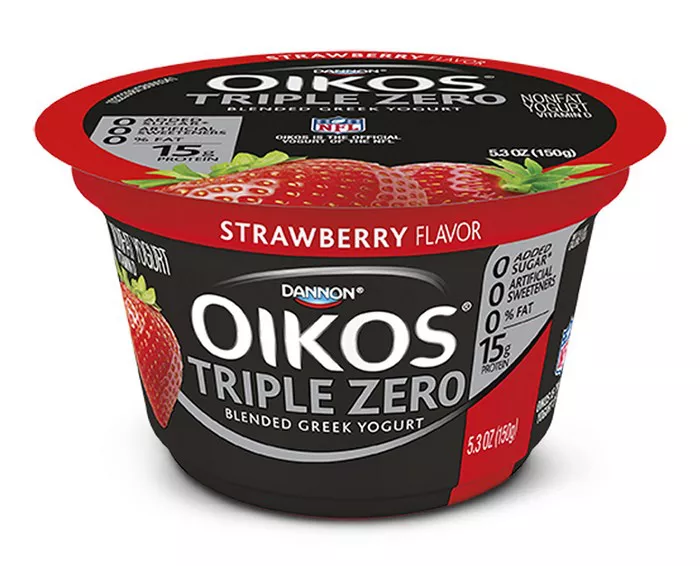Introduction
The allure of starting a franchise business in the ever-booming dessert industry has captured the attention of many aspiring entrepreneurs. Among the myriad of options available, the Jeju ice cream franchise stands out for its unique flavors and enticing concept. However, before diving into the world of franchising, it’s crucial to understand the intricacies of the Jeju ice cream franchise cost. In this article, we delve deep into the financial aspects of owning a Jeju ice cream franchise, exploring initial investments, ongoing expenses, and potential returns.
Understanding the Jeju Ice Cream Franchise Cost Structure
At the forefront of any potential franchisee’s mind is the initial investment required to establish a Jeju ice cream franchise. This investment encompasses a range of expenses, including franchise fees, equipment purchases, and operational costs. The Jeju ice cream franchise cost typically varies depending on factors such as location, size of the outlet, and local market conditions. Prospective franchisees can expect to invest a considerable sum upfront to secure their place in the Jeju ice cream franchise family.
Franchise Fees: A Key Component of the Investment
Central to the Jeju ice cream franchise cost is the franchise fee, which grants franchisees the right to operate under the established brand name and business model. This fee serves as an initial payment to the franchisor and covers essential services such as training, support, and access to proprietary recipes. The Jeju ice cream franchise fee is a non-negotiable expense and represents a significant portion of the total investment required to launch a franchise unit.
Equipment and Inventory: Setting the Stage for Success
In addition to franchise fees, prospective franchisees must allocate funds for equipment purchases and initial inventory. The Jeju ice cream franchise operates with specialized equipment designed to create its signature frozen treats efficiently. From soft-serve machines to display freezers, investing in high-quality equipment is paramount to delivering the authentic Jeju ice cream experience. Moreover, stocking up on a diverse range of flavors and toppings ensures that franchise units are well-equipped to cater to the preferences of their target market.
Real Estate and Build-Out Costs: Securing Prime Locations
Securing a suitable location for the franchise outlet is integral to its success and contributes significantly to the Jeju ice cream franchise cost. Franchisees must account for real estate expenses, including lease or purchase agreements, renovation costs, and signage installation. The strategic placement of Jeju ice cream outlets in high-traffic areas such as shopping malls, tourist destinations, and urban centers is essential for maximizing visibility and foot traffic. As such, investing in prime real estate locations is a worthwhile expenditure that can yield long-term dividends.
Operational Expenses: Sustaining Business Operations
Once the franchise unit is up and running, ongoing operational expenses become a recurring aspect of the Jeju ice cream franchise cost. These expenses encompass a wide range of items, including utilities, employee wages, marketing initiatives, and royalty fees. Franchisees must allocate sufficient resources to cover these expenses while maintaining profitability and ensuring the continued growth of their business. Effective cost management strategies, such as optimizing staff scheduling and implementing energy-efficient practices, can help mitigate operational expenses and improve overall financial performance.
Marketing and Advertising: Driving Brand Awareness
Investing in marketing and advertising initiatives is essential for driving brand awareness and attracting customers to the Jeju ice cream franchise outlet. Franchisees can leverage a combination of traditional and digital marketing channels to reach their target audience effectively. From social media campaigns to local promotions and sponsorships, allocating funds towards marketing efforts is crucial for establishing a strong presence in the competitive dessert market. Moreover, participating in community events and partnering with local businesses can further enhance brand visibility and foster customer loyalty.
Financial Projections: Estimating Potential Returns
While the Jeju ice cream franchise cost represents a significant upfront investment, it is essential to consider the potential returns and financial projections associated with owning a franchise unit. Franchisees can conduct thorough market research and feasibility studies to estimate projected revenues, expenses, and profitability metrics. By analyzing factors such as consumer demand, competitive landscape, and seasonal trends, franchisees can make informed decisions and set realistic financial goals for their business. Additionally, consulting with financial advisors and industry experts can provide valuable insights into optimizing financial performance and maximizing return on investment.
Conclusion
In conclusion, the Jeju ice cream franchise offers a lucrative opportunity for aspiring entrepreneurs looking to enter the dessert industry. However, navigating the financial aspects of franchising, including the Jeju ice cream franchise cost, requires careful planning and consideration. By understanding the various components of the investment, from franchise fees to operational expenses, franchisees can make informed decisions and position their business for success. With the right combination of strategic planning, operational excellence, and marketing prowess, owning a Jeju ice cream franchise can be a rewarding and profitable endeavor for entrepreneurs worldwide.


